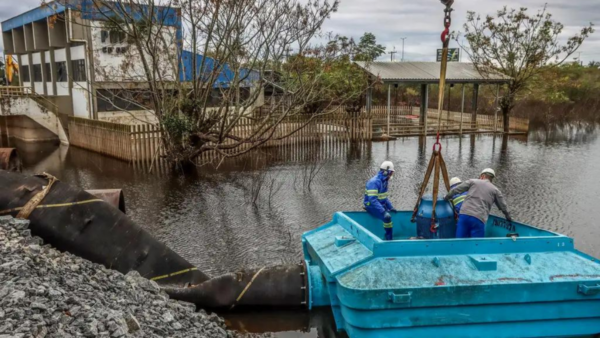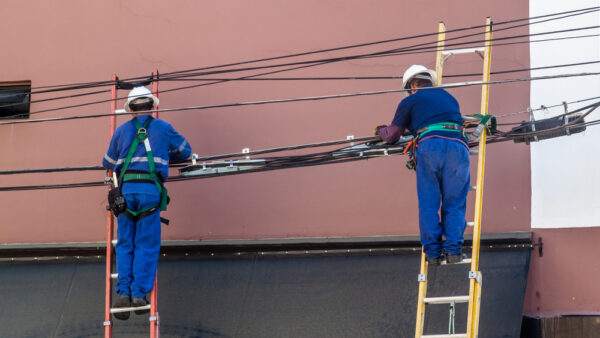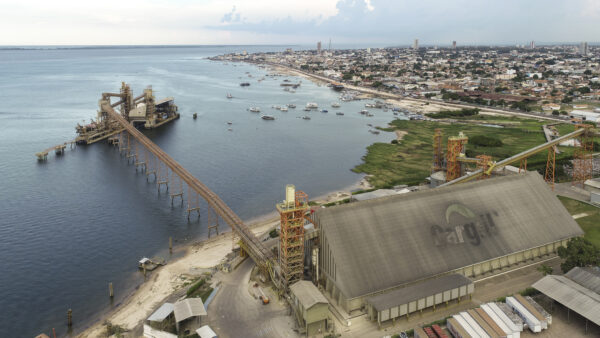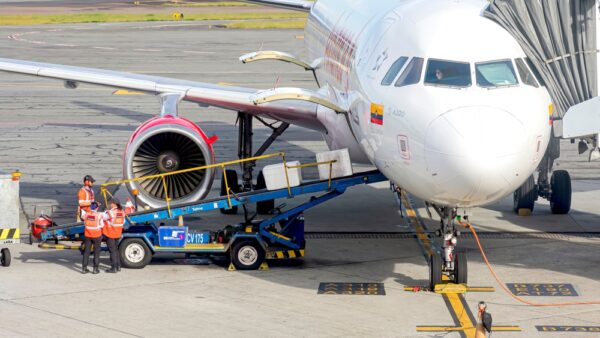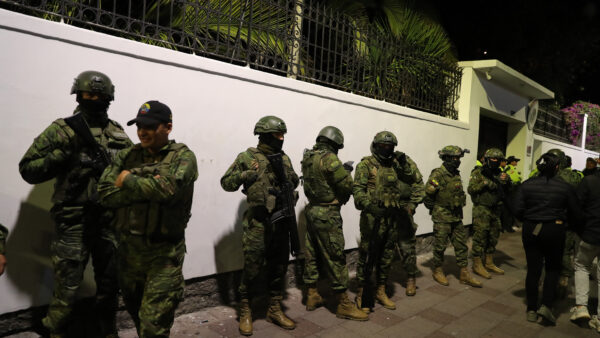After a struggle between Brazil’s Congress and the federal government over prison furlough — the mechanism by which prison inmates are given temporary release to visit their families — the matter has reached the Supreme Court. The issue pits most Brazilians against the government — which is in favor of furlough, in line with several organizations active in the prison system.
On Wednesday, the Brazilian Bar Association filed a lawsuit questioning the constitutionality of a new law extinguishing prison furlough, restricting the chances of inmates gaining temporary release while serving their sentence. Another legal action on the topic had already been brought before the court by the National Criminal Law Association (Anacrim).
In practice, according to several public defender offices and private legal entities, the restriction approved by Congress extinguishes Brazil’s so-called “semi-open regime” for serving prison sentences.
Brazil adopts a progressive system for carrying out criminal convictions, inspired by the Irish model. The idea is that inmates can progress from closed prison facilities into what is called a semi-open regime — by which inmates can leave prison to work during the day — and then to an open regime, allowing the prisoner to gradually reintegrate into society. Inmates can work outside of prison while incarcerated in closed facilities, but only on public construction works.
A prisoner sentenced to a “closed” prison regime can, under certain conditions, transition to a semi-open one after serving one-sixth of their sentence,...

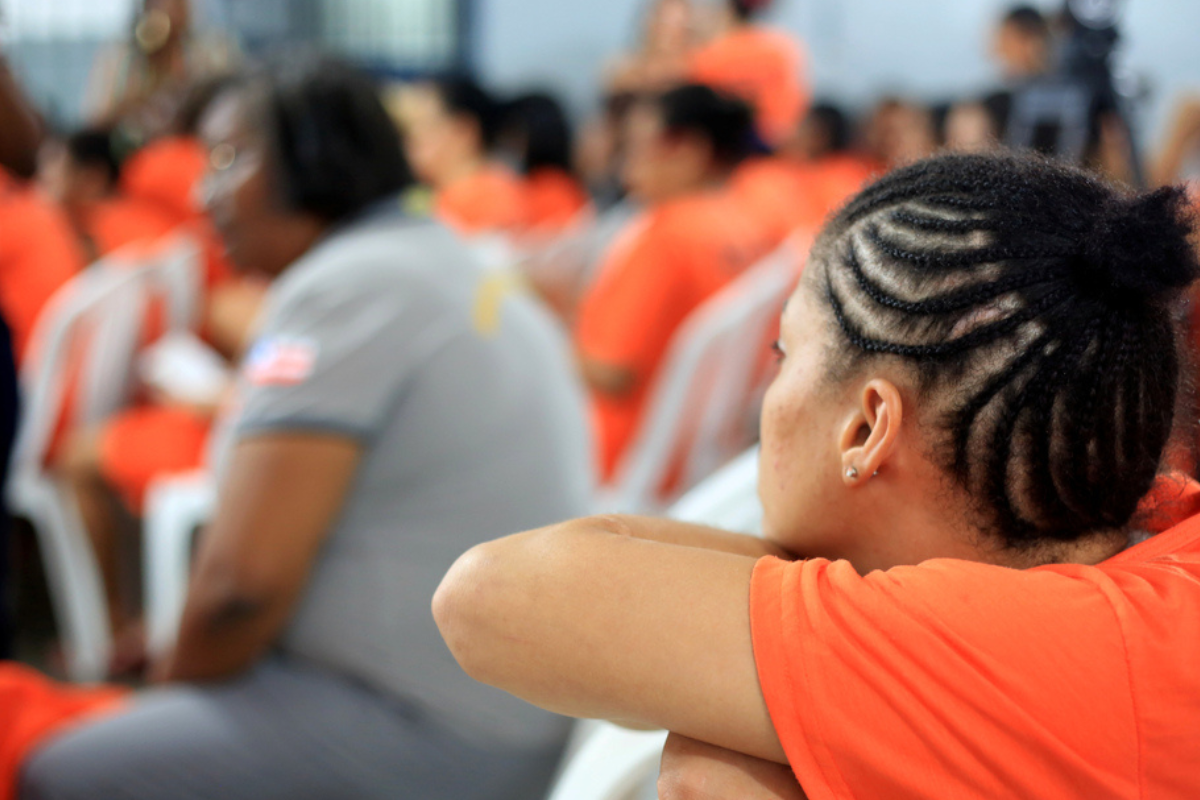
 Search
Search


